The Greater Mohali Area Development Authority’s (GMADA) land pooling initiative has encountered widespread resistance from farmers in Mohali district. Despite a two-month application window and targeted outreach efforts, only 15 out of nearly 8,000 eligible landowners have opted into the scheme. GMADA had aimed to acquire around 2,600 acres for urban development through this model, but the poor response has stalled progress and triggered protests across multiple villages.
GMADA had launched the scheme across various notified sectors for residential, industrial, institutional, and commercial development. The plan included acquiring 236 acres in Sector 87 for commercial use, 313 acres in Sector 84 for institutional infrastructure, 321 acres in Sectors 101 to 103 for industrial projects, and a major residential component of 1,800 acres in Sectors 120 to 124 along the PR-7 road.
The scheme is part of GMADA’s broader strategy to guide Mohali’s expansion through planned urbanisation, avoid haphazard land use, and curb the growth of unauthorised colonies. However, the plan has failed to gain the confidence of landowners, especially small and marginal farmers who fear displacement and inadequate compensation.
A senior GMADA official, requesting anonymity, confirmed that the uptake has been extremely low. Despite multiple awareness drives and consultations, landowners have shown little inclination to participate. The official acknowledged that GMADA is still trying to engage with villagers but the opposition remains strong.
Farmer groups from villages such as Patton, Siaou, Kishanpura, Badi, Kurdi, and Matran have submitted a memorandum to Punjab Chief Minister Bhagwant Mann via GMADA’s chief administrator. In the memorandum, they opposed the land pooling policy and demanded its withdrawal. Farmers argue that GMADA’s compensation model undervalues their land, offering returns below market rates.
Farmer representatives, including Harvinder Singh Lambardar, have accused GMADA of ignoring tenant rights and attempting to pressurize smallholders. Lambardar stated that villagers will not register their land and will resist any attempt at forced acquisition. He further claimed that the policy disproportionately benefits large landowners while placing small and marginal landholders at risk of losing their livelihood.
Another major concern flagged by GMADA internally is the spread of unauthorised colonies within the proposed pooling zones. Over 50 acres of land across villages such as Daun, Raipur, Barmajra, Tarauli, Behlolpur, and Jhampur have been converted into illegal colonies, often carved out of agricultural land without change of land use (CLU) approvals.
In response, GMADA has directed field staff to submit a detailed report within two days, identifying illegal constructions using Google satellite imagery. The GMADA chief administrator has instructed officials to fix accountability and take necessary enforcement measures to stop further encroachments and unregulated construction activity.
GMADA has also reiterated its earlier announcement that no CLU approvals will be issued to private developers within the pooling zones to discourage further unauthorised developments. However, despite this, private layouts continue to emerge, indicating weak on-ground enforcement and growing mistrust among residents.
The land pooling model introduced by GMADA is designed to offer developed plots to landowners in exchange for raw land, rather than cash payouts. The authority claims this provides long-term value appreciation and structured integration of land parcels into urban layouts. But the farmers remain unconvinced, citing lack of transparency, uncertain timelines, and risk of low-value returns as deterrents.
Observers believe that GMADA will have to reassess its approach if it intends to move forward with the project. This may include revisiting the compensation mechanism, engaging with smaller landowners more inclusively, and providing stronger legal safeguards for participants.
Legal experts suggest that GMADA’s plan may also face legal scrutiny if forced acquisition or coercion is alleged. With farmers continuing their protests and political support being sought against the scheme, GMADA may be compelled to open fresh negotiations with landowners or revise the scheme terms.
For now, GMADA’s goal of acquiring 2,600 acres for planned urbanisation around Mohali appears to be in limbo. The low response and strong resistance underline the challenges of land assembly in peri-urban India, especially where land is both an economic and emotional asset.
Until GMADA manages to establish greater trust and address stakeholder concerns, the scheme’s future remains uncertain. The situation continues to evolve as farmer groups intensify their opposition and GMADA explores ways to salvage the proposal.
Image source- freepik.com

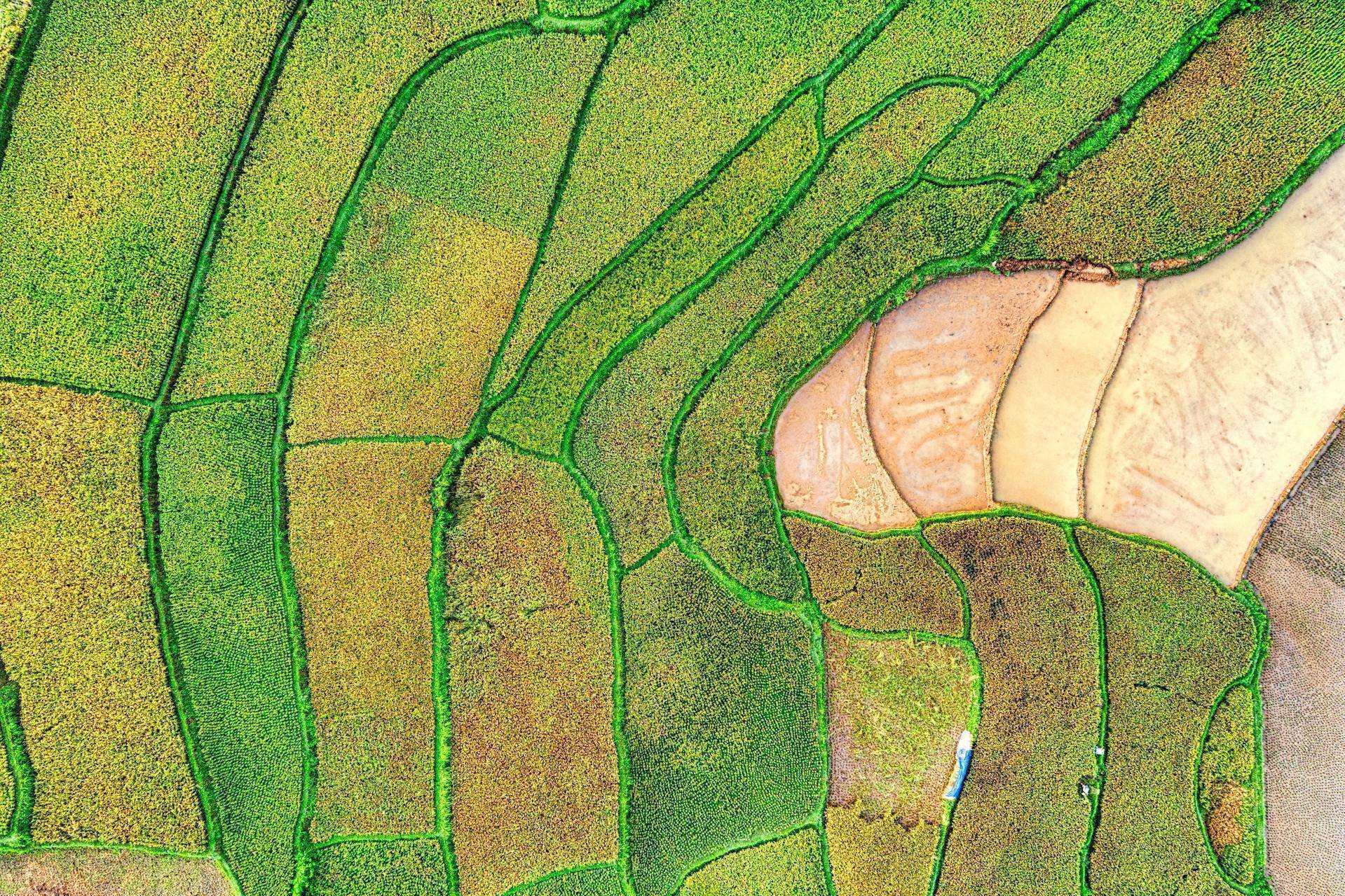

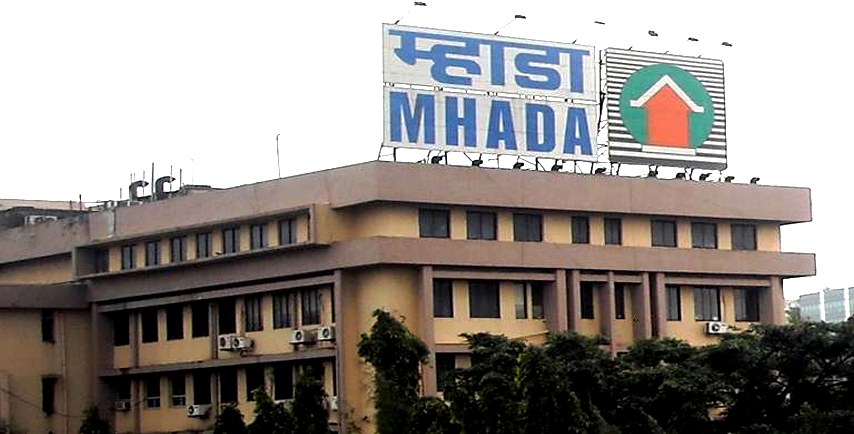
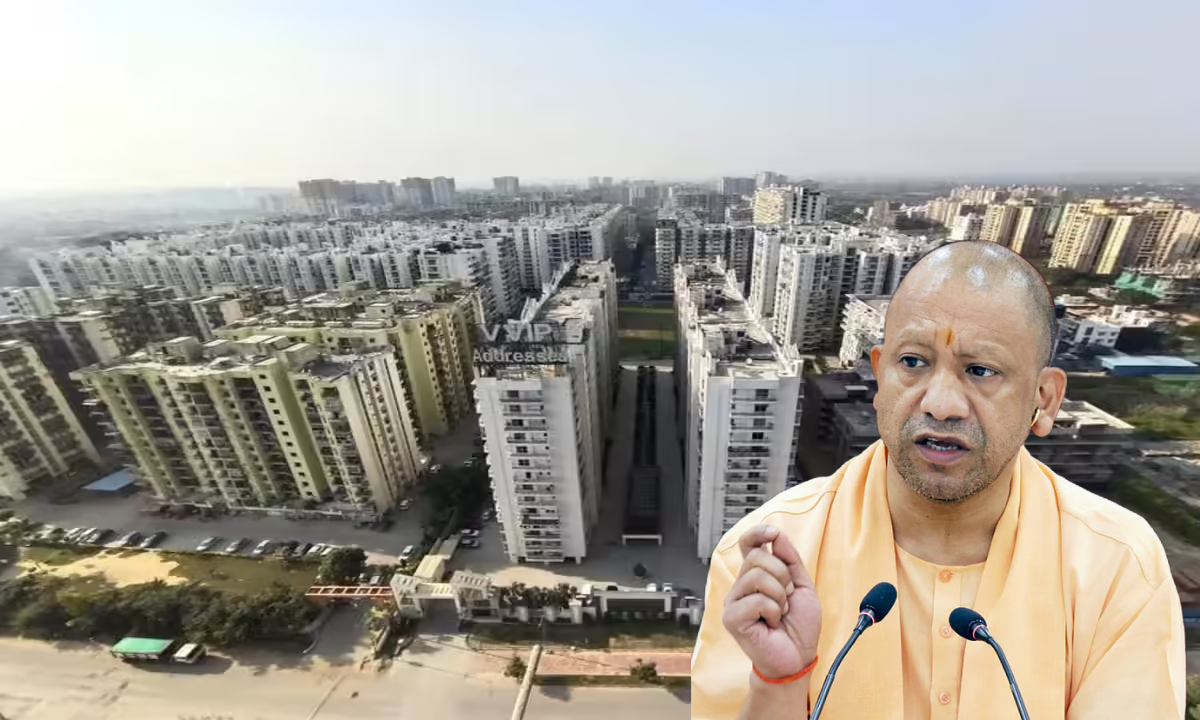


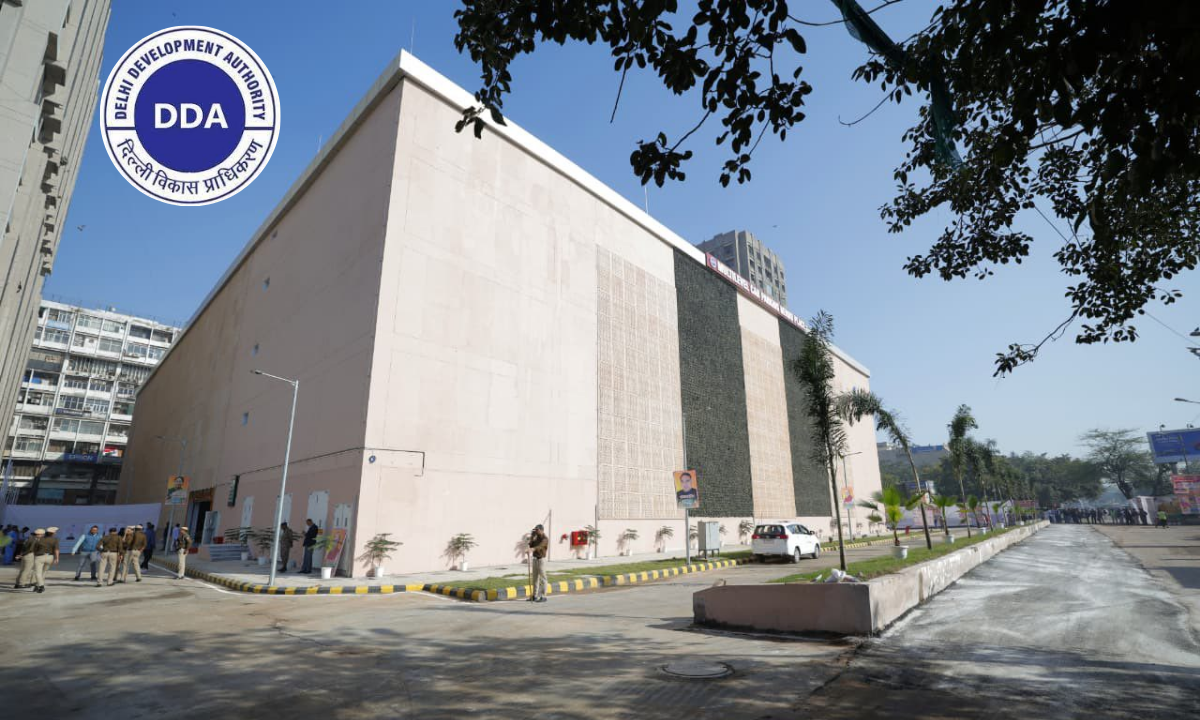
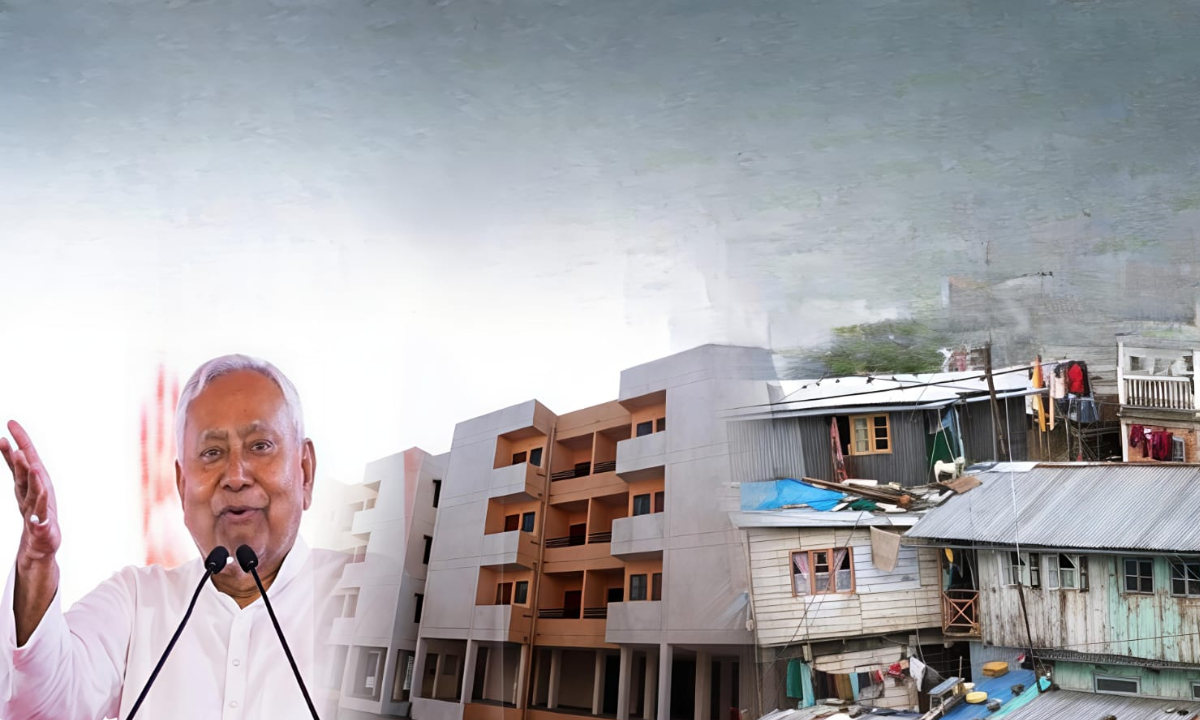
.png)